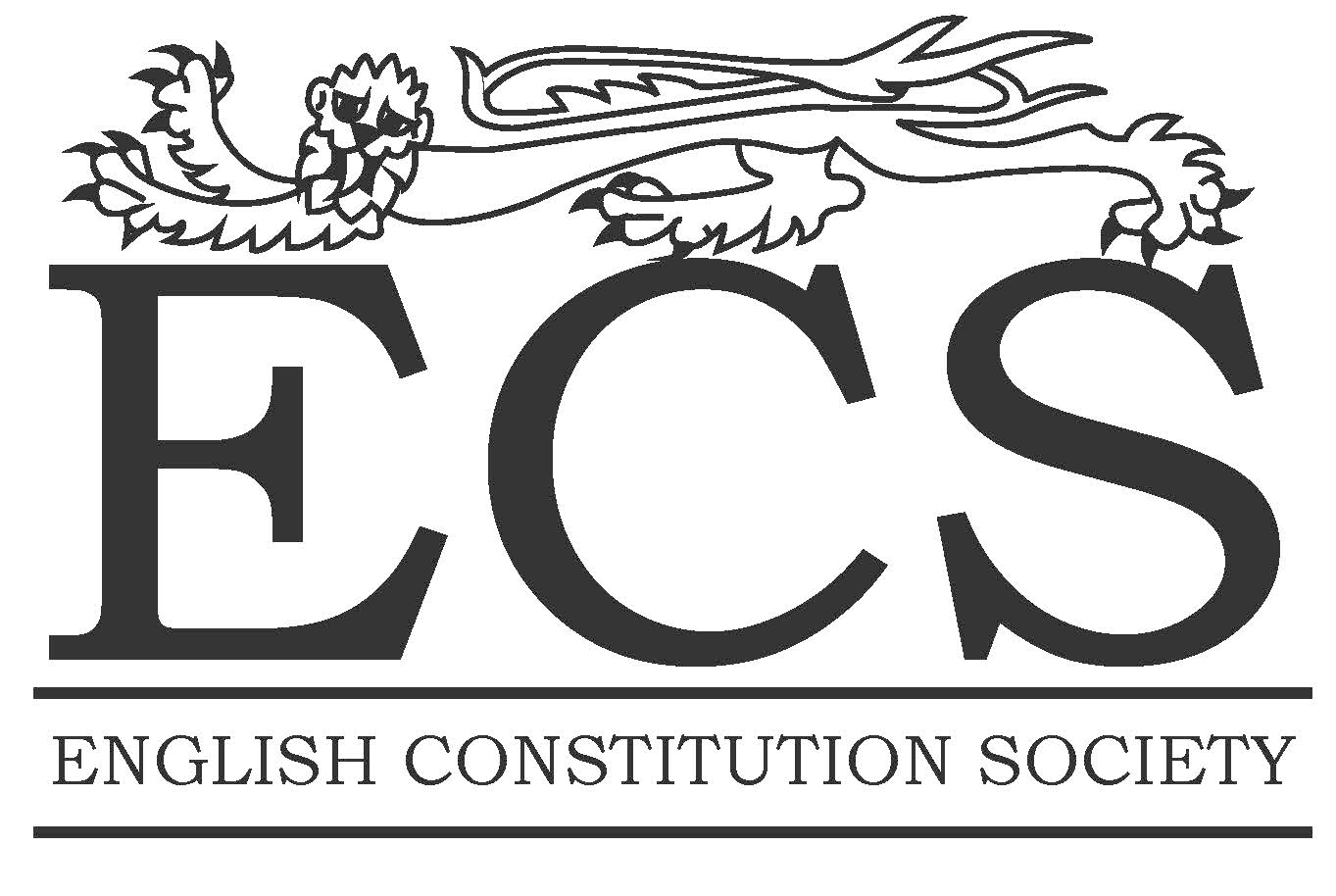In the early 13th century, England was under the reign of King John, a monarch whose rule was marked by heavy taxation, unsuccessful wars, and conflict with his barons. The discontent among the nobility was palpable, stemming from the king's arbitrary use of power and disregard for traditional rights. As tensions reached their zenith, the barons rebelled, leading to the sealing of the Magna Carta in 1215 at Runnymede. This document was revolutionary; it was a peace treaty that also demanded the king's adherence to the law, protecting barons from illegal imprisonment and limiting arbitrary feudal payments to the Crown. Though initially a practical solution to a political crisis, the Magna Carta evolved over centuries into a symbol of liberty and justice, influencing constitutional thought worldwide.
Fast forward to the 17th century, where another struggle between authority and liberty was brewing. This time, King Charles I found himself at odds with Parliament. His attempts to rule without Parliament and his collection of taxes under dubious legalities sparked outrage. Enter the Petition of Right in 1628, a document heavily inspired by the principles of the Magna Carta. Drafted by Parliament as a direct appeal to King Charles I, it sought to reaffirm the liberties and rights that had seemingly eroded under his reign.
The Petition of Right highlighted several key grievances: it condemned non-Parliamentary taxation, arbitrary imprisonment, the quartering of soldiers in private homes, and the declaration of martial law in peacetime. Much like the Magna Carta centuries before, it aimed to limit the power of the monarchy and protect the rights of the subjects under English law. King Charles I's reluctant assent to the Petition was a crucial moment in English constitutional history, reinforcing the concept that the law was above the king.
Both these documents, though separated by more than four centuries, are linked by a common thread: the ongoing struggle for power balance between governed and governor. The Magna Carta of 1215 laid down foundational principles for governance and justice that echoed through the ages, directly inspiring the Petition of Right in 1628. Together, they underscore a journey toward recognizing and securing individual rights and liberties—a journey that continues to shape democratic ideals around the world.

